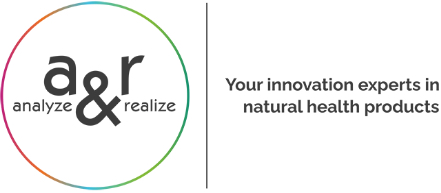
In last few years, food allergies have become a major health problem affecting over 220 million people worldwide. Or, expressed in other figures: About 2.5% of the general population suffer from food allergies as a health burden, and the number of those affected people has steadily increased in recent decades.
The 8 major common allergenic foods are milk, eggs, fish, peanuts, shellfish, soybeans, tree nuts and wheat. These 8 allergens account for 90% of allergenic reactions.
As food allergy and intolerance are highly recognized, the labelling of intentionally added food allergens is mandatory as per the EU Food Information Regulation. However, there is currently no legislation that explicitly regulates the precautionary allergen labelling of unintentional allergens. This is done only on a voluntary basis.
If you follow the news closely, there are also recalls every now and then because of unlabeled allergens. In order to avoid such miserable incidents, preventive risk assessment is extremely helpful.
Recently FoodDrinkEurope published a guide dealing with food allergen management for food manufacturers. The guidance document will help any food business operator to manage the potential risks from allergenic foods and to minimize the risk to allergic consumers, as allergen management should be an integral part of the food safety management.
